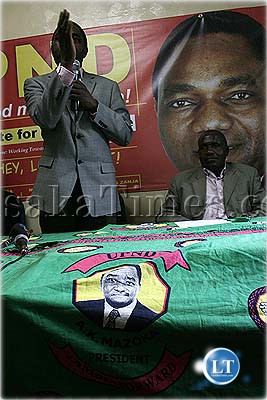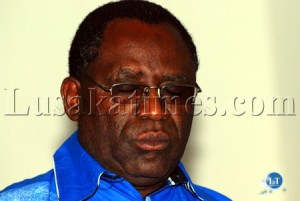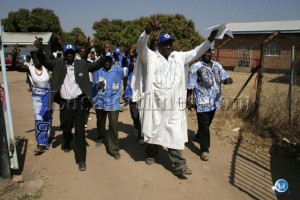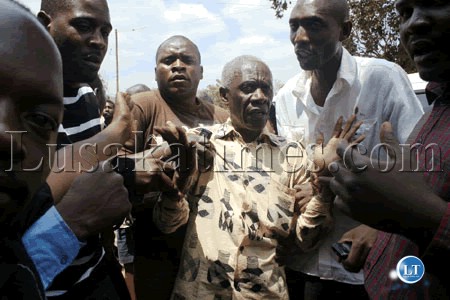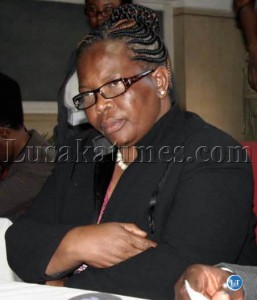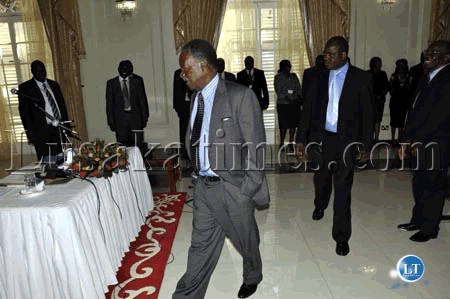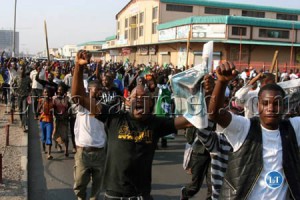By Gray Soko
The perseverance of the PF since its inception in 2001 has finally paid off. It must also be to its credit that it understood how the average person thinks. Whilst others tried to trivialize PF’s messages of “more money in your pockets” or “lower taxes” as simplistic and intellectualized the growth in GDP/GNP, single digit inflation rates, economic growth rates, Direct Foreign Investments, foreign reserves etc the PF’s message was about the basic needs and challenges of the people. In a country with very high poverty and unemployment levels, this message found resonance with the people and they voted accordingly.
The PF’s perseverance and momentum can be seen from its growth in popularity from the 2001 elections when it won only one(01) parliamentary seat against MMD’s sixty nine (69); in 2006 it increased the number of seats to forty three (43) against MMD’s seventy three (73) and in 2011 won sixty six (66) beating MMD’s fifty five (55).This momentum has been “like the tension of a bent crossbow, its timing like the pulling of the trigger” ( Sun Tzu’s strategy).[pullquote]You cannot do the same thing that has failed, ie. fragmentation, and expect a different outcome in 2016[/pullquote]
The PF went through scathing media attacks and challenges especially from the public media, mostly targeting the personality of its leadership rather than its vision. The PF also suffered dissentions, notably from the so-called rebel members of parliament. However, it managed to protect itself and survive long enough for the opportunity to present itself as a prospective next government in the September elections.
As for the UPND and the “small parties” ( Heritage, FDD, ADD, Narep, ZED ) the message should be clear that they should seriously consider their probability of success as individual parties. The UPND has dropped to third place in parliamentary seats since the late Mazoka. UPND and the “small parties” should only join battle when there is a probability of winning and be courageous enough to retreat without shame if the battle is unwinnable. The ‘grand coalition” which was mooted by General Miyanda rather late in the day should be nurtured now if there is to be a unified opposition or credible alternative government in waiting. You cannot do the same thing that has failed, ie. fragmentation, and expect a different outcome in 2016 and beyond. There are brilliant persons in these parties and they should critically assess their opportunities and weaknesses in order that they add value to our democracy and governance.
In his farewell speech RB called on the MMD not to be disheartened and that it should reflect on any mistakes it may have made and learn from them. He cautioned that if this was not done, the MMD did not deserve to contest for power again. Quite obviously the MMD will be under post traumatic stress for some time to come especially after its massive election campaign and favourable media and poll predictions of victory based on “economic growth” which many believe has not trickled down to the people. There is also the possibility of MMD going the UNIP way and being relegated to political history.



